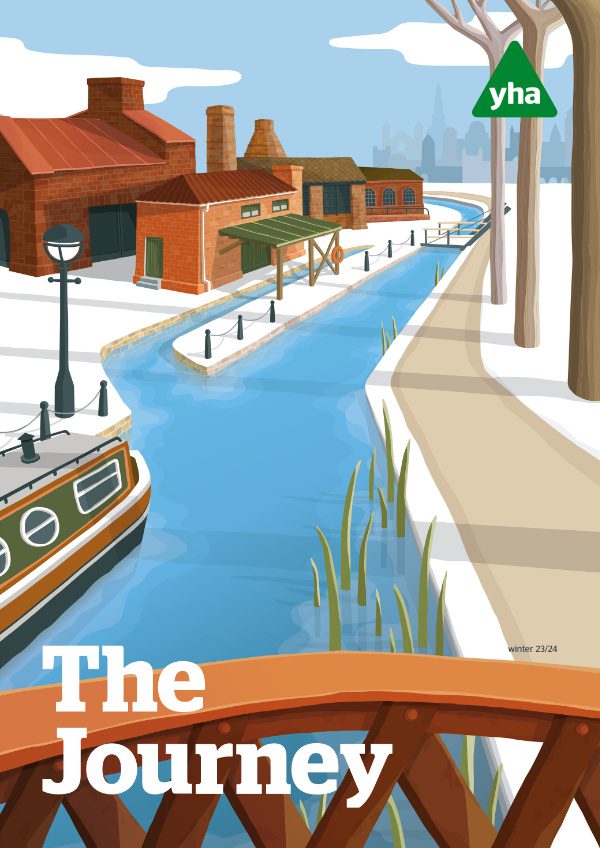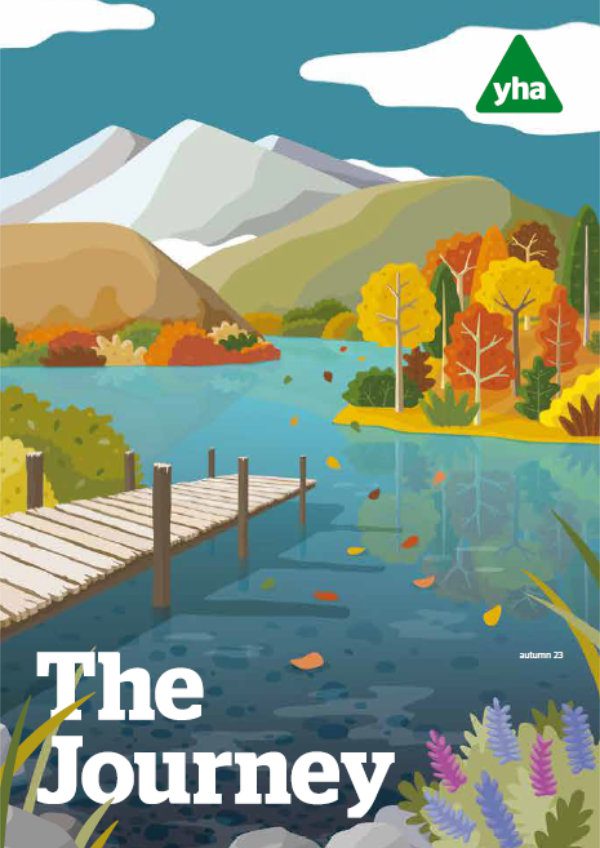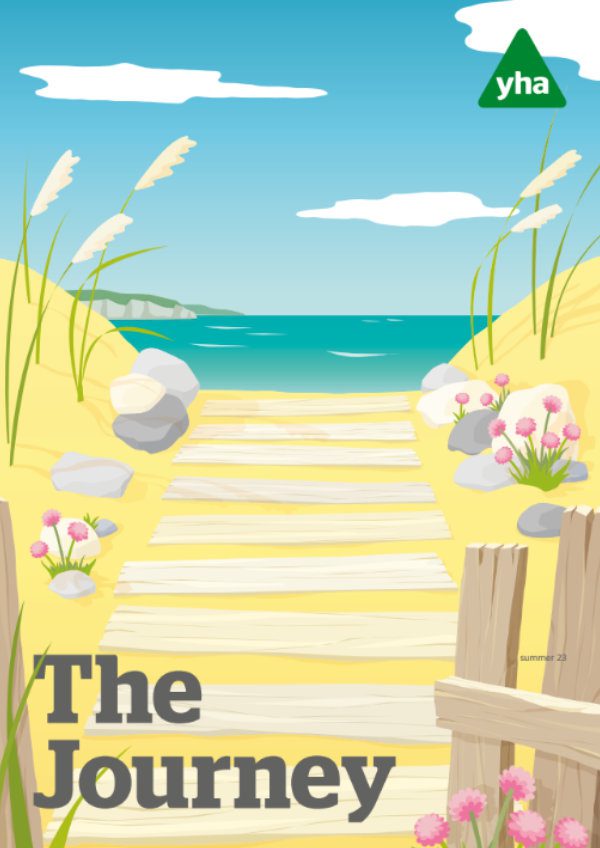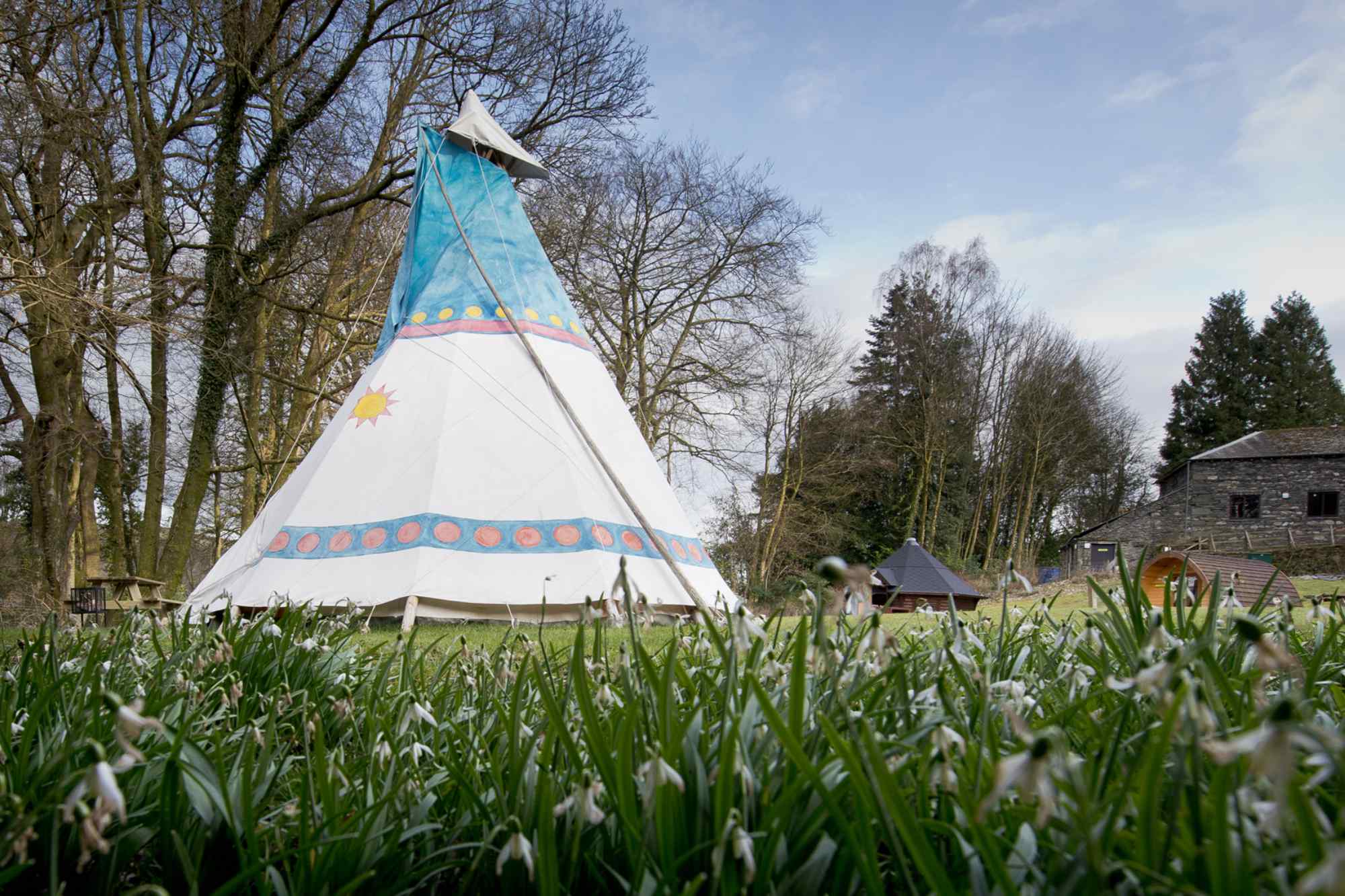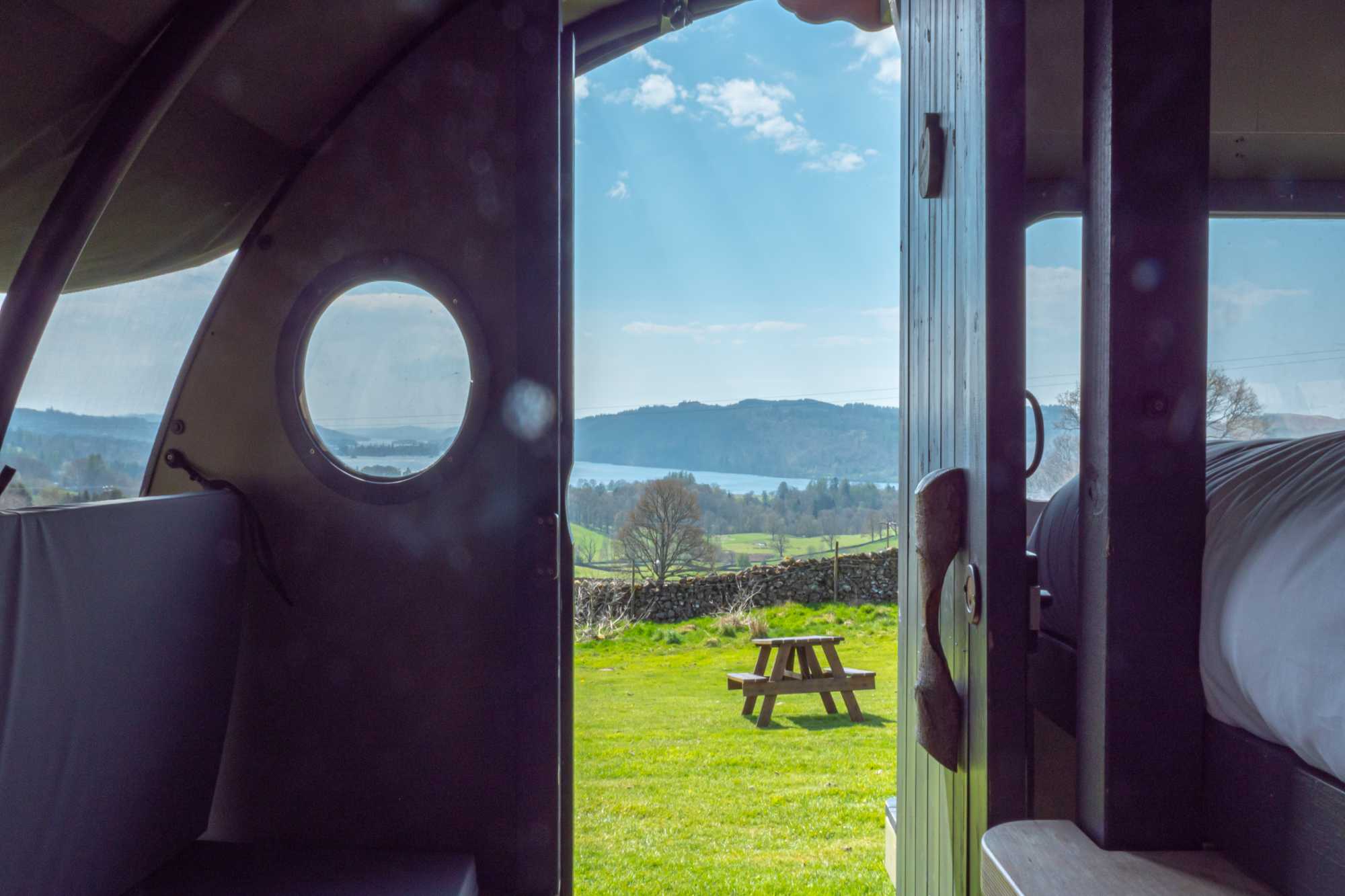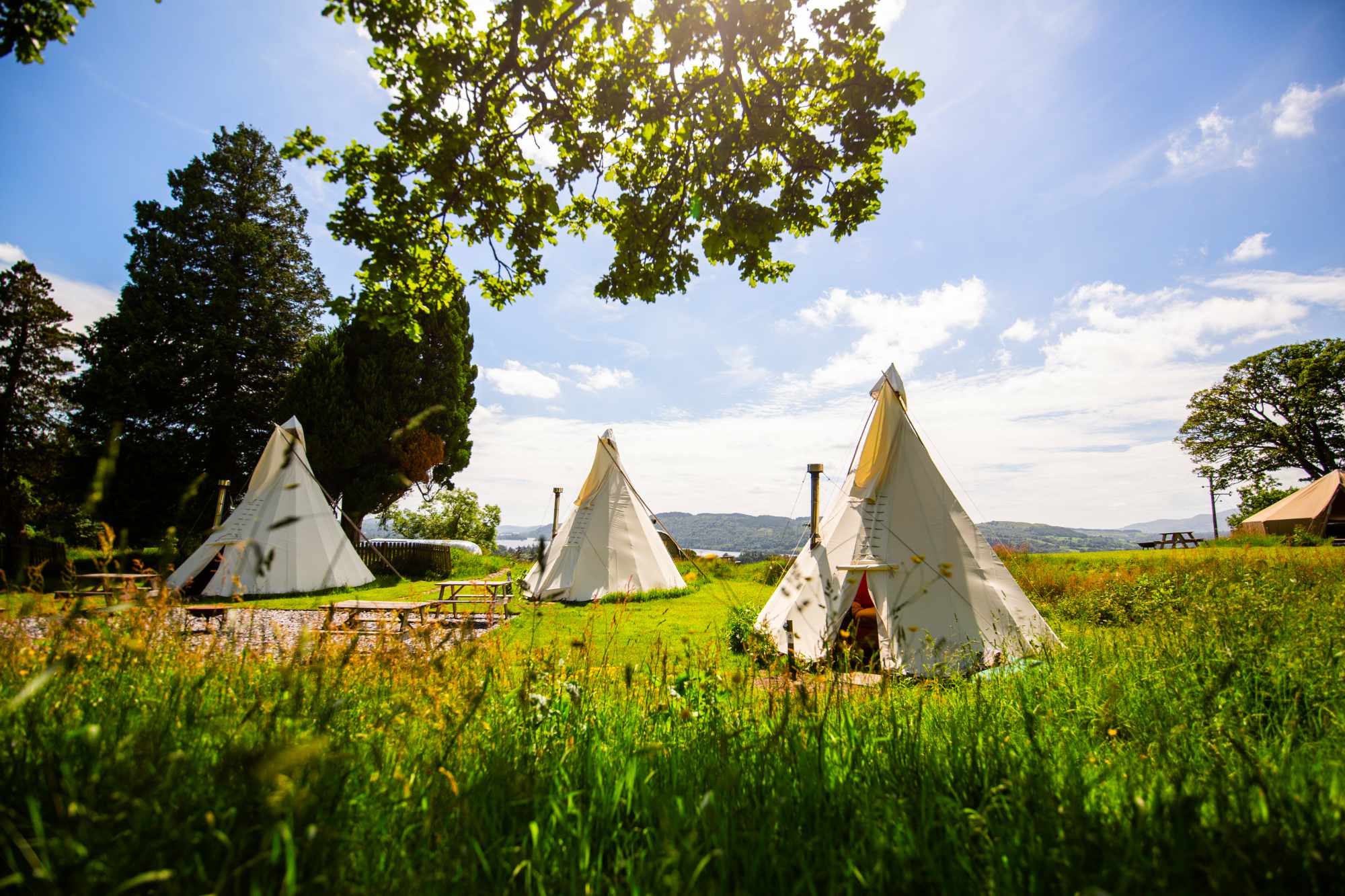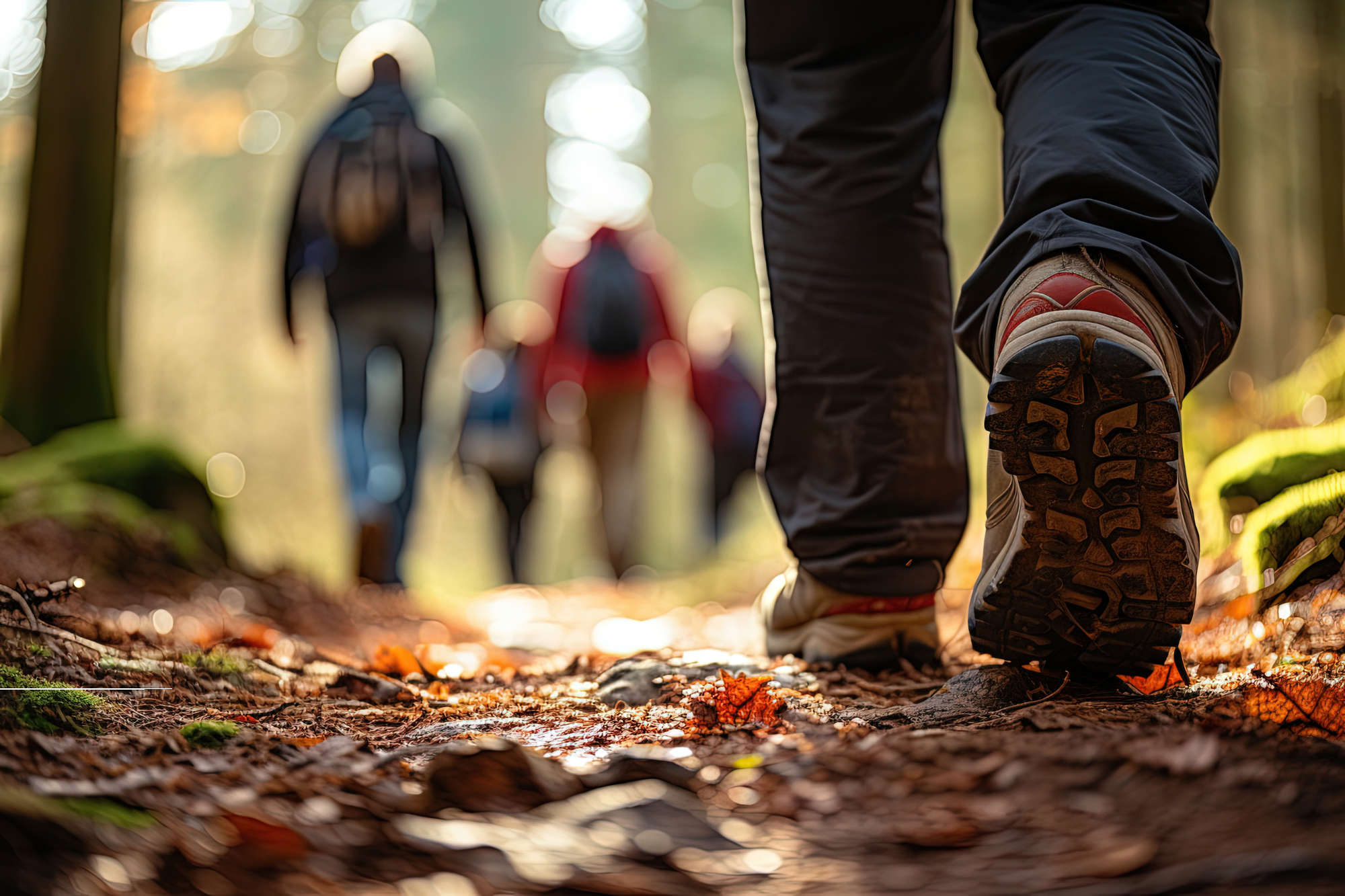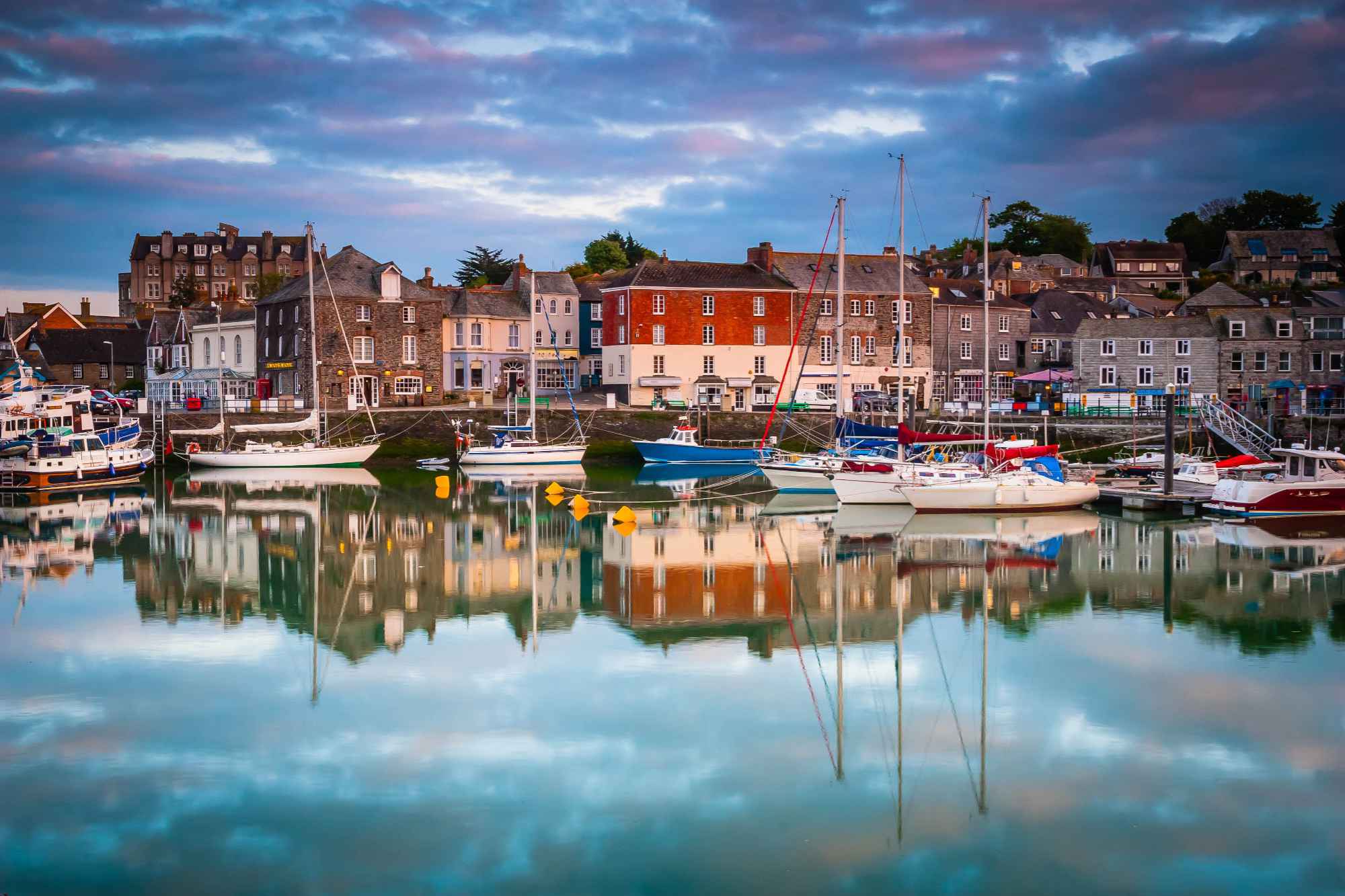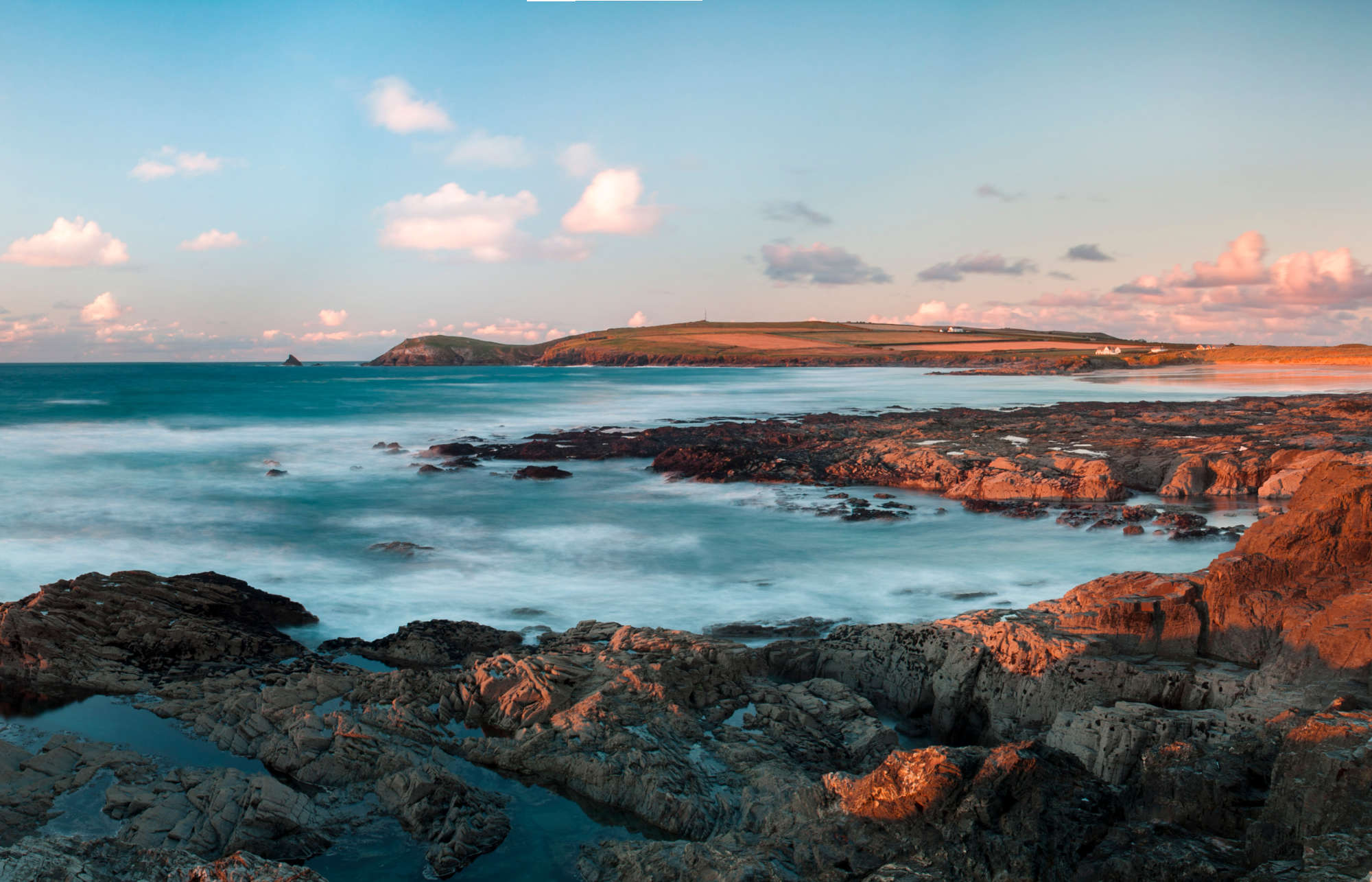In this issue, we’re getting advice from British Orienteering on how to start this family-friendly sport. It’s fun, healthy and can vastly improve your navigation skills.
What is orienteering?
Orienteering is an exciting adventure sport suitable for all ages and fitness levels. Participants have to navigate their way between a series of checkpoints (called controls) shown on the map. There’s no set route – you find your own way using the map.
What sort of areas are used for orienteering?
Anywhere from the streets of Central London to wilderness areas in the Scottish Highlands. Venues include forests, parks, moorland, town centres and university campuses.
Will there be an orienteering course for me?
Almost certainly. Most events have several courses of different lengths and difficulties, graded by colour: ‘White’, ‘Yellow’ and ‘Orange’ courses are designed for complete beginners. Some events use the equally beginner-friendly ‘score’ format, where you choose which controls to visit within a certain time limit.
What do I do at an event?
Orienteering clubs pride themselves on their welcoming approach to newcomers, so will happily spend time helping you.
Here’s a rough idea of what you’ll do:
- Find the event registration area and look for the large club banners and signs, then choose a course and fill out a registration form.
- Hand in the form and event fee. You’ll be given a map and a control description sheet. You may also need to hire an electronic timing stick (called a dibber).
- Start. Controls are marked with an orange-and-white flag.
- At the finish your time is recorded. For events with electronic timing, you get a ‘splits’ print-out of your times between controls.
- The host club will be happy to debrief you: discussing your route choices, helping you with mistakes you may have made on course, any queries about the map, etc.
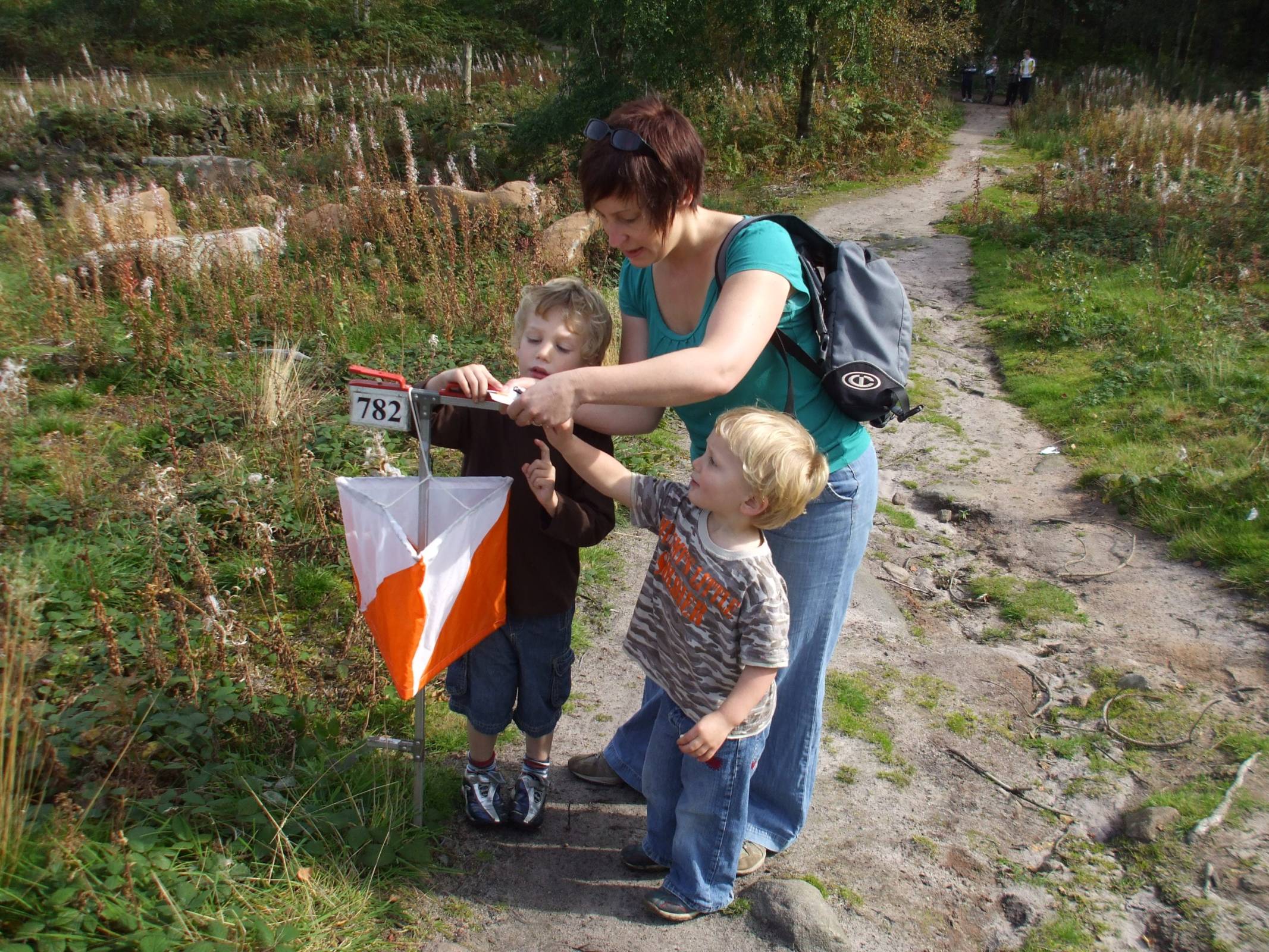
What equipment do I need?
If you intend to run, you’ll need running clothes and trainers, including long running trousers if the event is in the countryside. If you intend to walk, walking boots or trainers are OK. A compass is very useful, particularly for the more difficult courses (you can use a smartphone compass).
Don’t you get lost all the time?
No. Everyone gets lost sometimes, but you work out where you are sooner or later. Orienteering controls are closely spaced, so you can always retrace your steps to the previous control. And after a few events you’ll spend less time making mistakes and can progress to more challenging courses.
Do you have to be able to run for hours?
No. Courses come in a variety of lengths, with different navigational difficulties. Participants can walk, jog or run. You can treat the event as a competition or as a leisure activity.
Can I run in a pair or in a group?
Yes.
Do I need to be a club member?
No. Newcomers normally join a club after about three events.
Can children do orienteering?
Yes. Younger children often start the sport in family groups, or are shadowed by a parent/ guardian.
Can I practice orienteering without going to an event?
Yes. There are many permanent orienteering courses around the country where you can practice. Alternatively, many clubs run regular coaching sessions, often at mid-week ‘club nights’, or on weekends.
Is orienteering affordable?
Yes. Adult fees are typically £5 for a small event, to £10-£15 for a medium/large event. Low cost doesn’t mean low quality though. Club orienteering events are typically very well organised with plenty of experienced volunteers.
Sounds great! Where can I find out more?
If you know what event you’re going to, you can contact the event organiser. Permanent orienteering courses are a great way to get outside and go orienteering at a time and place that suits you. UK events, clubs and permanent orienteering courses are listed at britishorienteering.org.uk. It also lists Xplorer clubs, suitable for young families looking to get into orienteering.
There are lots of ways to go orienteering, from our permanent orienteering courses across the country to local and even large-scale events. The sport has evolved over the past 50 years with high-quality colour printing, electronic timing, urban races and courses for all ages and abilities. We also understand that some people might be put off by starting at a competitive event (although there’s no need to be). We also have fixed orienteering routes where you simply download a map and just go! There are orienteering routes across the country, and they’re great ways to explore the local areas.
For information on getting involved, phone 01629 583037 or email [email protected].

